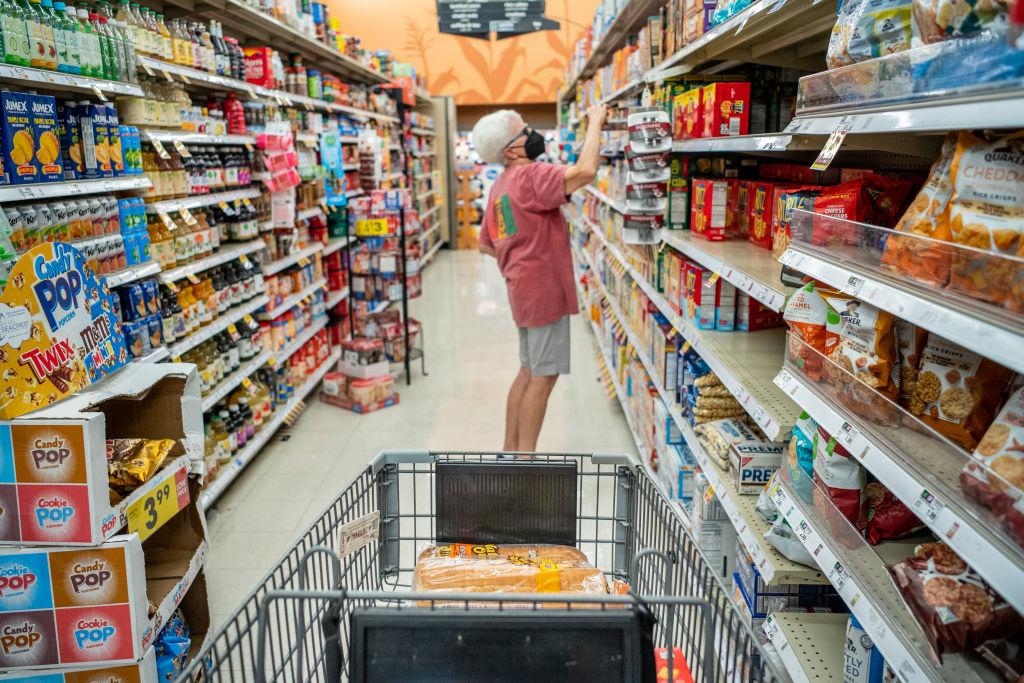Most Americans believe that groceries have risen drastically over the past year and expect to pay more in the future, despite economists’ talk of “peak inflation.”
The latest poll by Rasmussen Reports found that 85 percent of 1,000 American adult respondents said that food prices have risen since 2022.Meanwhile, only 9 percent said they disagree, and 6 percent said they are unsure.





